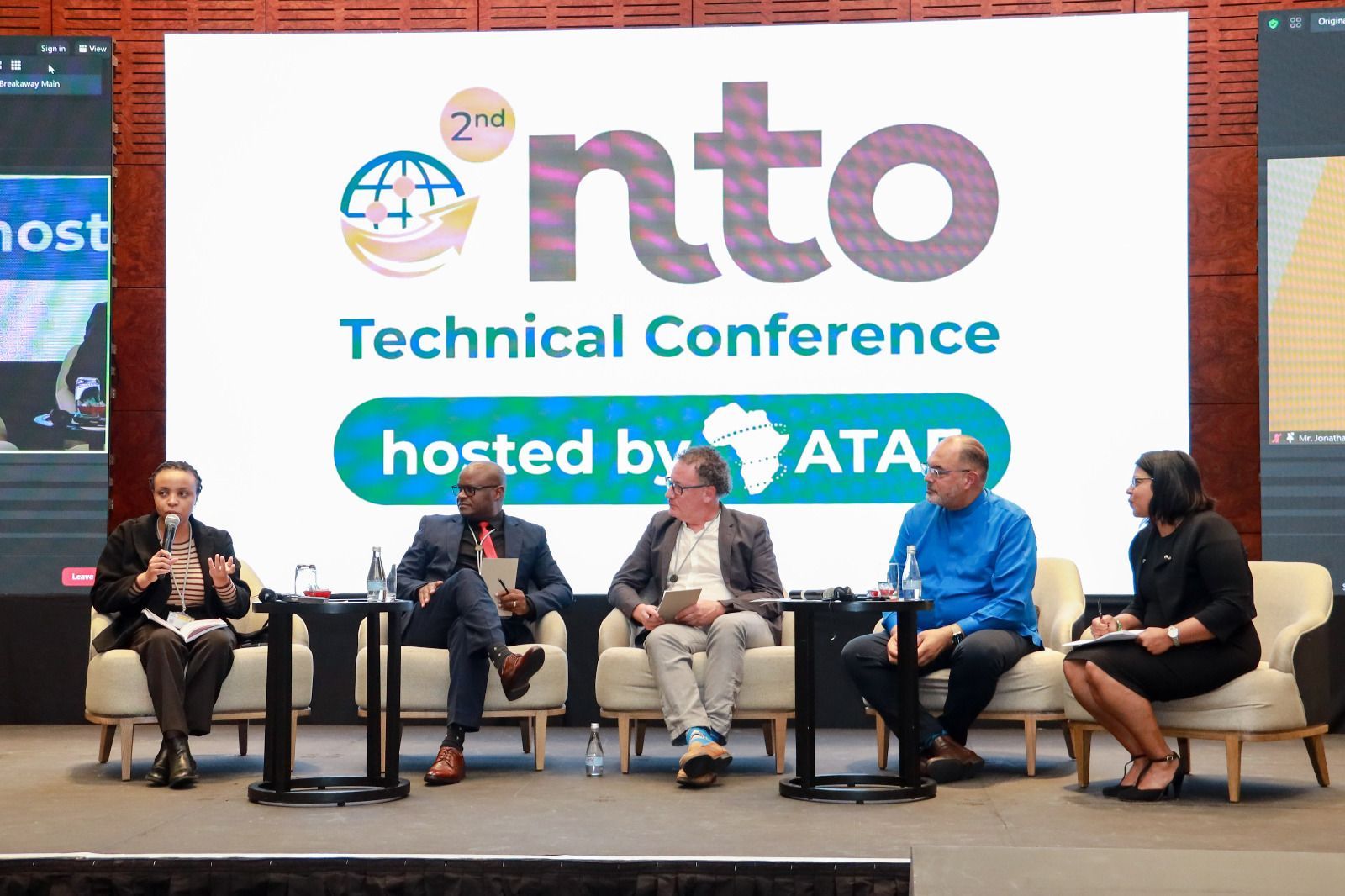The Future of Tax: Embracing the Digital Evolution
Given the increasing digitisation of business models, the virtualisation of interactions, and the growing reliance on automated systems for taxpayer interfaces, it was imperative that tax professionals evolve to stay relevant.

Cet article est également disponible en français
CAPE TOWN - The era of digital transformation has reached the tax profession, heralding a significant shift in the role and expectations of tax officials.
In a session on “Shaping the Future of Tax: Embracing the Evolving Role of the Tax Person” moderated by African Tax Administration Forum Head – Strategic Partnership and International Cooperation, Ms Varsha Singh, panelists reviewed the tax through the lens of the profession.
The tax expert of the future will require a unique combination of skills that will include understanding of dynamic business models, technological competence, and data savviness. This shift necessitates a re-evaluation of HR practices, including recruitment, training, compensation, performance evaluation, and succession planning, to guarantee the tax profession remains current and prepared to tackle the future.
The session started with a case study of South African Revenue Service Commissioner Mr Edward Kieswetter, who noted that a rapidly evolving world requires the workforce to be "high performing, diverse, agile, engaged, and evolved towards the future world of work”.
Given the increasing digitisation of business models, the virtualisation of interactions, and the growing reliance on automated systems for taxpayer interfaces, it was imperative that tax professionals evolve to stay relevant.
Mr Kieswetter stressed the importance of understanding the changed dynamics of the tax industry: "There's an acknowledgment that tax revenues are still the primary source of funding social programmes, with voluntary compliance emerging as the gold standard."
This shift demands a new breed of tax professional who can navigate the complexities of the modern tax world while ensuring that tax collection supports social justice, cohesion, and economic inclusion.
In shaping the future tax professional, Mr Kieswetter believes it's crucial to balance clarity of compliance with the risks posed to fiscal systems. The rapid evolution of technology offers numerous opportunities, but it also brings its own set of challenges.
"Our challenge," Mr Kieswetter said, "is to ensure systemic integration that not only allows us to function efficiently as an organisation but also ensures that our people are developed, enabled, and empowered to perform optimally."
Mr Harrison Chapu, Project Manager – Tax Online, Zambia Revenue Authority (ZRA) noted that the ZRA realised early in their digital transformation that organisational culture was key.
He emphasised that technology doesn't pose as much of a challenge as human adaptability: "Technology won't resist. But if humans aren't on board, digital transformation initiatives are likely to fail," he noted.
Mr Richard Stern from the Ernst and Young/University of Vienna (WU) – Global Tax Policy Center underscored how the tax landscape has shifted: "Digital transactions, bigger datasets, and the emergence of digital assets have changed the scene," Stern remarked.
"Today's tax professional isn't just an accountant, economist, or lawyer. They need data skills, holistic thinking, and real-time problem-solving abilities while keeping foundational tax understanding intact," he added.
The sentiments were echoed by Mr Jonathan Athow, Director General – Customer Strategy and Tax Design, His Majesty’s Revenue and Customs who highlighted HMRC's initiatives such as the Digital Academy aimed at enhancing the digital literacy of their staff.
"Our vision for 2030 revolves around being a modern, trusted tax administration. Digitalisation is at its heart," Athow pointed out.
"The key is learning together. Learning from global mistakes and triumphs will navigate this transformation more seamlessly,” he said.
From the perspective of tax justice, Ms Everlyn Muendo, Policy Associate at the Tax Justice Network Africa (TJNA), highlighted the importance of making digital initiatives people centric. Using the example of a failed digital identifier initiative, Ms Muendo said:” Forcing digital transformations without adequate citizen education can be counterproductive. The digital shift in tax should be accompanied by a focus on tax justice principles."
In taking forward these discussions, Ms Singh emphasised that different countries had unique needs: “We need tailor-made solutions for different populations, even within the same country. The solutions for one city might not be applicable elsewhere, especially when targeting hard-to-tax sectors. Moving forward and learning through this process will be beneficial,” she said, calling on NTO members to collaborate and learn from each other.
"We shouldn't always choose the hard way when we have the opportunity to learn from each other,” said Mr Chapu.










